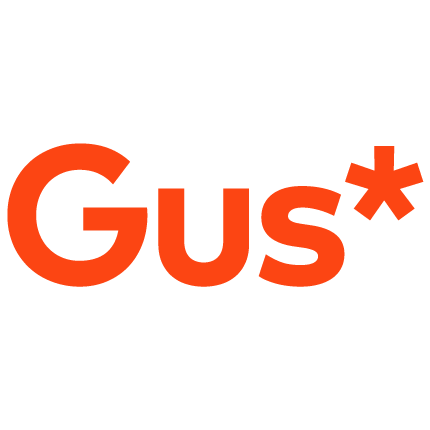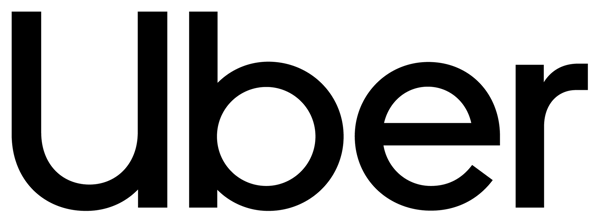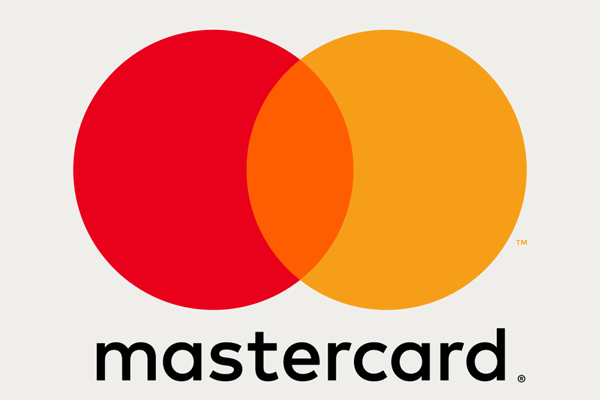The new year. A time for resolutions to be broken, goals to be made and trends to be created. With more and more tools available today that can make anyone a "designer" how do you separate a good designer from a great designer?
Although there is no crystal ball to predict design trends, having an idea of what the emerging trends for the 2020 year could be is a good place to start.
Not sure where to start when planning this years digital strategy? Here are some graphic trends that you can expect to see more of in 2020.
Minimalism will be more popular than ever
You have already seen it with brands recently migrating to a minimalist design by using single type font texts matched with flat color designs. This has become a big part of the digital world that graphic design agencies have created. Creating a simple design gives the impression that there is less to miss and that brands are focusing on being up front with no hidden messages. Flat designs allow for a good user experience making content easier to find and easier to read.
Here are a few brands who have done a great job with shifting to a minimalist design with their logos.



3d and Abstract Elements Will be More Prominent
Recently I have started to see a lot more 3D imagery throughout designs. Layers of images, typography and colors to create 3D effects in a non-digital format makes sense in today's world. With it becoming harder to grab consumer attention; focusing on this type of design will increase engagement because of the creativity being shown through this type of 3D design.
SLIGHT MOVEMENT & GIFS
Back to my point about grabbing peoples attention being more difficult than ever. With the rise in popularity of gifs and slight motion design, I think that this will be a trend that you'll see designers levitating towards as a way to stand out in the crowd. Taking a logo and bringing it to life through some simple animation leaves a lasting impression. That once simple logo now has a new variation.
With gifs becoming so popular in social media in the last two years I think brands will take this approach to other aspects of their marketing. Brands no longer take the time to respond to a social media comment with words, they let a clever gif do the work for them. Expect to see brands use gifs for their websites, social media and emails.
Here are a few recognizable brands that have given their logos a breathe of fresh air by turning them into gifs.
Windows 10 - Click Here
Adobe - Click Here
SUSTAINABILITY WILL CHANGE HOW WE DESIGN
In the last three to five years there has been a huge shift in how brands are trying to take the right steps to become a sustainable. This can come down to what they use to create their products, services and/or their packaging. With brands looking to use recycled materials to showcase their product, the designer must keep this in mind. The finish, ink and material used will all affect how the end product appears; it is important to remember this when you are designing that next box of beer.
I am also expecting to see more brands shifting to an "organic" look and feel. Since the importance of climate change is so prominent in todays world, consumers will do their part and shift to buying products that meet their sustainable needs. If the branding for these products does not match that "organic" look and feel when representing a brand focused on sustainability, then the consumer will go else where. Designing your brand to be more organic will alleviate confusion from your customers buyer journey.
THERE WILL BE A BIGGER FOCUS ON DESIGN MADE FOR DEVICES
For the last five years developers have had to focus on responsive design which is still very important but I expect to see unique designs for each device be the next phase of responsive designs. We are no longer creating one product that can be manipulated to look good on each device, we will now see unique designs for specific devices to give the consumer the best experience possible.
Since we are no longer consuming information from our desktops, laptops and phones, designers will need to create a unique experience for other devices so the consumer no longer has to change their habits to consume information.
